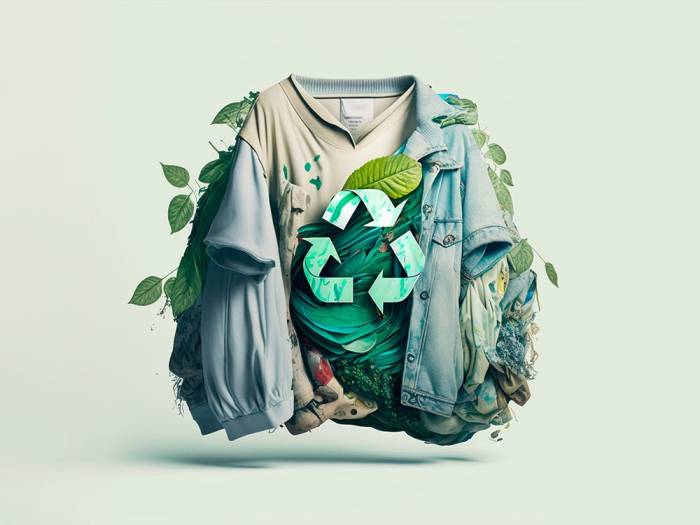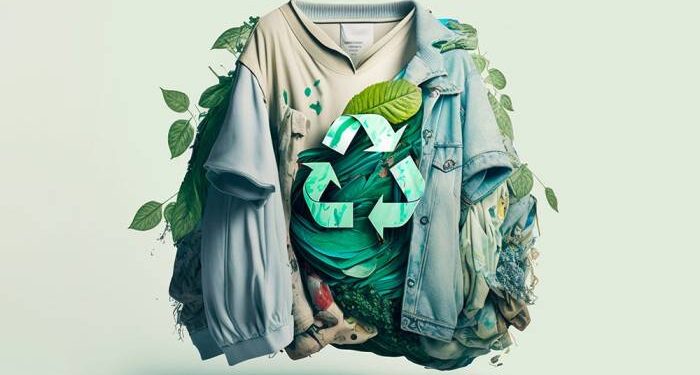Exploring the realm of Sustainable Lavish Lifestyle: Eco-Luxury Trends opens up a world where opulence meets responsibility. Delve into this captivating blend of luxury and sustainability, sure to intrigue and inform in equal measure.
In the following section, we will delve into the specifics of what defines this lifestyle and how it intersects with eco-luxury trends.
Definition of Sustainable Lavish Lifestyle

A sustainable lavish lifestyle encompasses living in luxury while minimizing negative impacts on the environment and society. It involves making conscious choices that prioritize eco-friendly practices, ethical consumption, and social responsibility.
Eco-Luxury and Sustainability
Eco-luxury combines the elements of luxury and sustainability, focusing on high-quality products and experiences that are also environmentally friendly and socially responsible. This concept emphasizes the importance of reducing waste, conserving resources, and supporting ethical practices in the production and consumption of luxury goods.
- Choosing sustainable materials such as organic cotton, bamboo, or recycled fabrics for luxury clothing and accessories.
- Opting for eco-friendly packaging and minimal waste practices in the production of luxury items.
- Supporting brands that prioritize fair trade, ethical labor practices, and give back to communities in need.
- Investing in energy-efficient and eco-friendly luxury homes or hotels that are built with sustainable materials and technologies.
Eco-Friendly Fashion and Beauty
In recent years, there has been a significant shift towards sustainable fashion and beauty products within the luxury lifestyle sector. Consumers are increasingly conscious of the environmental impact of their choices and are seeking out brands that prioritize ethical sourcing and environmentally friendly materials.
The fashion industry, in particular, has been under scrutiny for its contributions to pollution and waste. Ethical sourcing involves ensuring fair labor practices and transparency in the supply chain, while environmentally friendly materials focus on reducing the use of harmful chemicals and promoting sustainable production methods.
Sustainable Beauty Brands
- One example of a sustainable beauty brand is Ilia Beauty, which offers a range of organic makeup products made with ethically sourced ingredients.
- RMS Beautyis another brand known for its clean beauty products that are free from harmful chemicals and packaged in recyclable materials.
- Kjaer Weisis a luxury cosmetics brand that uses refillable packaging to reduce waste and offers products made from organic and natural ingredients.
Sustainable Travel and Accommodation
As eco-luxury trends continue to shape various industries, the travel and hospitality sector is not exempt. Sustainable practices are becoming more prevalent in luxury hotels, resorts, and travel experiences, catering to environmentally-conscious travelers seeking lavish yet eco-friendly options.
Eco-Friendly Practices in Luxury Accommodation
- Implementing energy-efficient lighting and appliances to reduce carbon footprint.
- Using sustainable materials for construction and furnishings to promote eco-conscious living.
- Offering organic and locally-sourced food options to support sustainable agriculture.
- Utilizing water-saving initiatives and recycling programs to minimize waste.
Sustainable Travel Destinations
Many destinations around the world are now focusing on providing lavish eco-friendly experiences for travelers who prioritize sustainability. Some examples include:
- Costa Rica: Known for its eco-tourism initiatives and stunning biodiversity, offering luxury eco-lodges and nature reserves.
- Norway: Embracing sustainable practices in its hotels and resorts while providing breathtaking views of the Northern Lights and fjords.
- New Zealand: Offering eco-friendly accommodations in picturesque settings, promoting conservation and responsible tourism.
- Bhutan: Prioritizing sustainability with its "high-value, low-impact" tourism policy, ensuring a luxurious yet eco-friendly experience for visitors.
Sustainable Design and Architecture
When it comes to luxurious home design and architecture, sustainability has become a key focus in recent years. Integrating eco-friendly practices and materials not only helps reduce the environmental impact but also adds a touch of sophistication to the overall design.
Eco-Friendly Building Materials
- Bamboo: Known for its rapid growth and renewability, bamboo is a popular choice for flooring, furniture, and even structural elements in sustainable homes.
- Recycled Glass: Utilizing recycled glass in countertops, tiles, and decor items not only reduces waste but also adds a unique aesthetic to the space.
- Reclaimed Wood: Salvaged wood from old buildings or furniture can be repurposed in new construction, giving a rustic and character-filled look to the interior.
Energy-Efficient Technologies
- Solar Panels: Harnessing solar energy for electricity can significantly reduce the carbon footprint of a home while also providing long-term cost savings.
- Smart Home Systems: Automation and monitoring systems can optimize energy usage, from lighting to heating and cooling, ensuring efficiency and comfort.
- Green Roofs: Installing vegetation on the roof not only improves insulation but also helps reduce urban heat island effect and stormwater runoff.
Green Design Principles
- Passive Solar Design: Orienting the home to maximize natural light and heat gain can reduce the need for artificial lighting and heating, enhancing energy efficiency.
- Water Conservation: Implementing low-flow fixtures, rainwater harvesting systems, and drought-resistant landscaping can minimize water consumption and waste.
- Ventilation and Indoor Air Quality: Incorporating proper ventilation and non-toxic materials can enhance indoor air quality, promoting a healthier living environment.
Closing Notes
In conclusion, Sustainable Lavish Lifestyle: Eco-Luxury Trends offers a glimpse into a future where indulgence and eco-consciousness harmoniously coexist. Discover how these trends are shaping the way we define luxury in a sustainable world.
Detailed FAQs
What does a sustainable lavish lifestyle entail?
A sustainable lavish lifestyle combines opulence with eco-conscious choices, prioritizing sustainability in all aspects of luxury living.
How do eco-luxury trends impact the hospitality industry?
Eco-luxury trends are revolutionizing the travel and accommodation sector, prompting luxury hotels and resorts to adopt sustainable practices.
Why is ethical sourcing important in sustainable fashion?
Ethical sourcing ensures that fashion products are made under fair labor conditions and using environmentally friendly materials, reducing the industry's impact on the planet.










